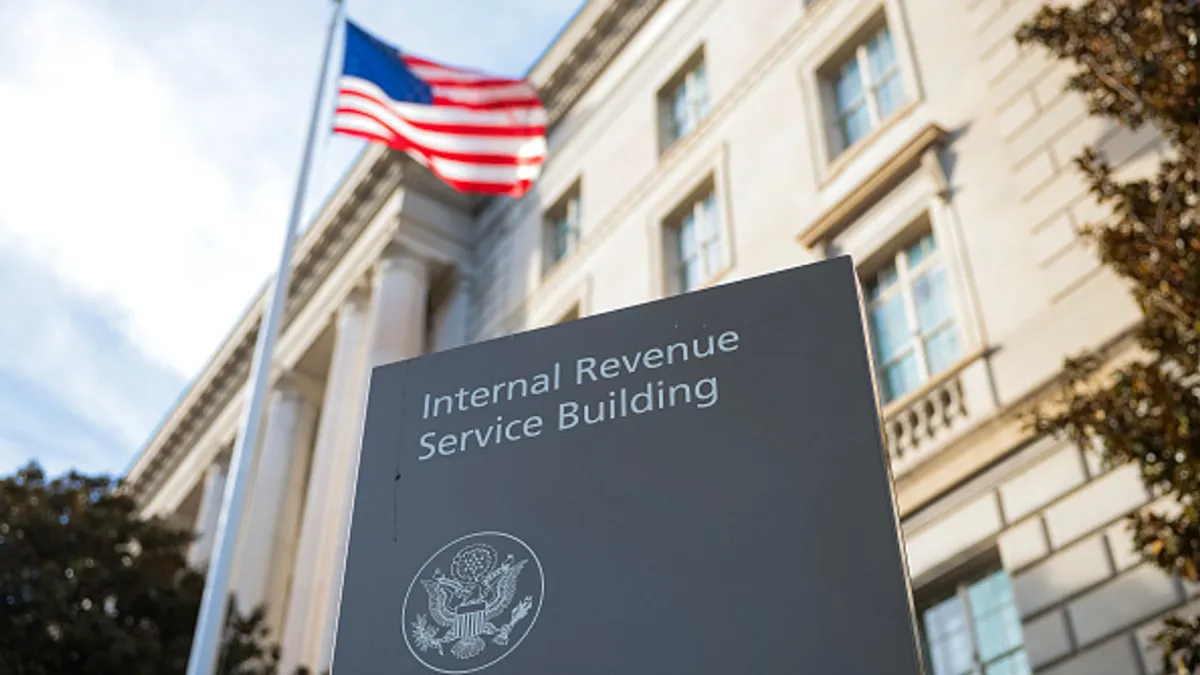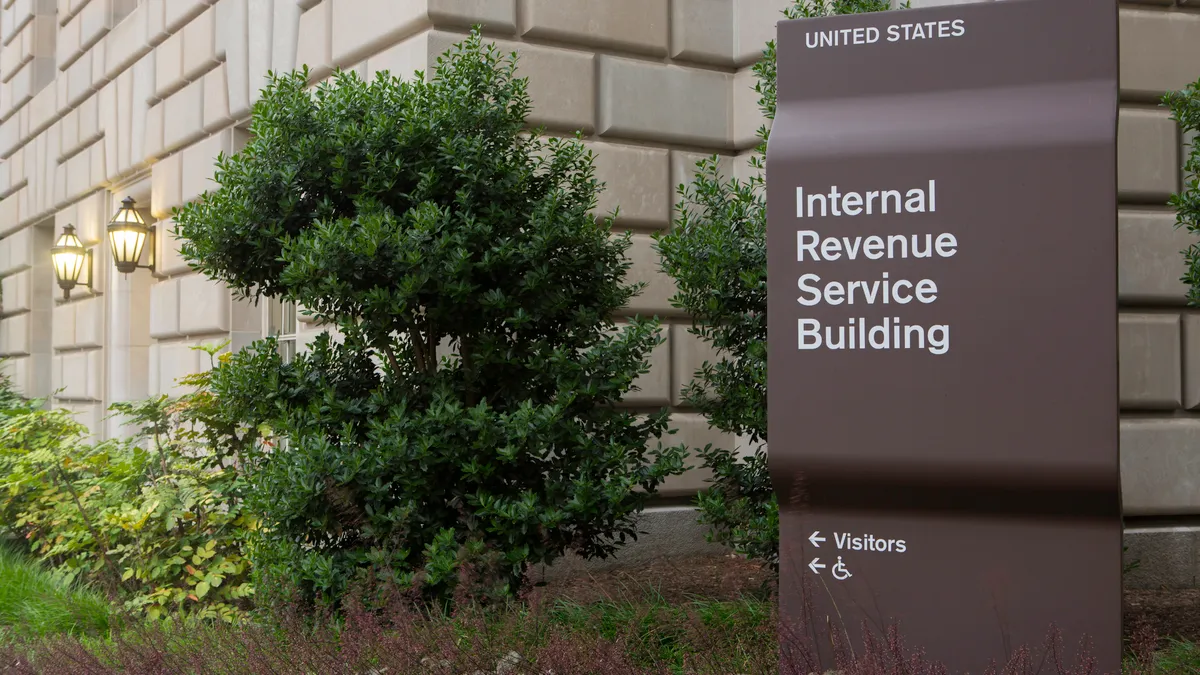South Carolina and Oregon bring to over a dozen the number of states that have recently passed legislation providing alternative paths to becoming a licensed certified public accountant that don’t include 150 college credit hours.
In a unanimous vote Wednesday the Oregon Senate passed Senate Bill 797, which enables accountants to become licensed with a bachelor’s degree, two years of professional experience and passage of the CPA exam. The bill leaves in place the existing route requiring 150 hours of college credit, one year of experience and passage of the exam. The bill must still be signed into law.
On Monday, South Carolina Gov. Henry McMaster signed similar CPA pathways legislation, Senate Bill 176, into law. The new law, effective June 30, allows CPA candidates to be licensed with a bachelor’s degree that includes certain business and accounting courses, two years of professional experience and passage of the exam and it increases the time candidates have to pass all four exam sections to 36 months from 18.
The two states are the latest to pass legislation that gives students additional paths to CPA licensure, with many now requiring an additional year of professional experience in the industry rather than an additional 30 hours of education. The 150 hour credit requirement has been viewed by many as a barrier into the profession as it typically requires students to complete five years of college.
In recent months Texas, Tennessee, Iowa, Georgia, Indiana, Utah, Montana, Virginia, Hawaii, Ohio and New Mexico have passed new laws easing the path to CPA licensure. The patchwork of regulations is energizing some who hope it will draw a new generation into the profession while also leaving some accounting students confused about the range of requirements they would need depending on where they land work.
“For [students] there’s a lot of confusion and they wish all the states would just turn the switch on or off,” Jack Castonguay, an associate professor of accounting at Hofstra University in New York, told CFO Dive in an interview. Still, many more states are moving to change their requirements and as the initiatives gain a critical mass of roughly 24 states, Castonguay expects other states will come off the sidelines.
“Once you start getting another 10 to a dozen, if you’re a state that’s holding out you’re now going to be at a competitive disadvantage,” Castonguay said.
In addition to states, the accounting industry itself has fallen in line largely behind the push for a new licensure structure.
On Wednesday, the American Institute of CPAs and the National Association of State Boards of Accountancy announced that their boards approved a change of model legislation that maps out an alternative path to CPA licensure that doesn’t include the extra 30 hours of college credit beyond a bachelor’s degree. The move is part of the formalization of the AICPA and NASB’s pivot to support a change in licensure to remove some of the barriers into the profession that took hold last year, CFO Dive previously reported.
The AICPA’s final model law is a revamped version of an earlier proposal; it no longer includes a requirement that evaluators verify candidates have “competencies” in professional areas such as ethical behavior and critical thinking as well as in technical areas such as audit, assurance, tax and financial reporting. Earlier this year the AICPA said it removed the competencies framework after getting feedback from some members who raised questions about such issues as the liability to which the system might subject evaluators, CFO Dive previously reported.
But even as the legislation is moving forward, there are still come critics who are concerned that the eased education requirements could lower accounting standards in the profession. Castonguay, who supports the push for alternative paths, says that debate won’t likely be settled anytime soon though those on both sides of the issue will be watching the CPA exam pass rates and enrollment levels in college accounting programs to gauge the impact.
While proponents of the 150-hour-college credit requirement say it raises the quality of accounting services, a study last year found scant evidence, asserting that the institution of the rule in recent decades has led to a decline in the number of licensed Black and Hispanic accountants, CFO Dive previously reported.
For his part, Castonguay believes in the alternative paths because he said the current system limits the number of students that choose the profession in part because it doesn’t offer competitive entry-level salaries to compensate for the additional educational costs and onerous exam.
“We can’t make the firms pay students more but one thing we can do is change the rules,” Castonguay said. Mean starting salaries for accounting and related services majors in 2022 stood at $60,698, the lowest of seven business-related majors, according to a draft report last year from the National Pipeline Advisory Group, an independent accounting industry taskforce convened by the AICPA to analyze causes and solutions for the accounting talent shortage.
CFO Dive’s Tracking CPA licensure paths is covering the legislation as it is introduced and passed throughout the country.























